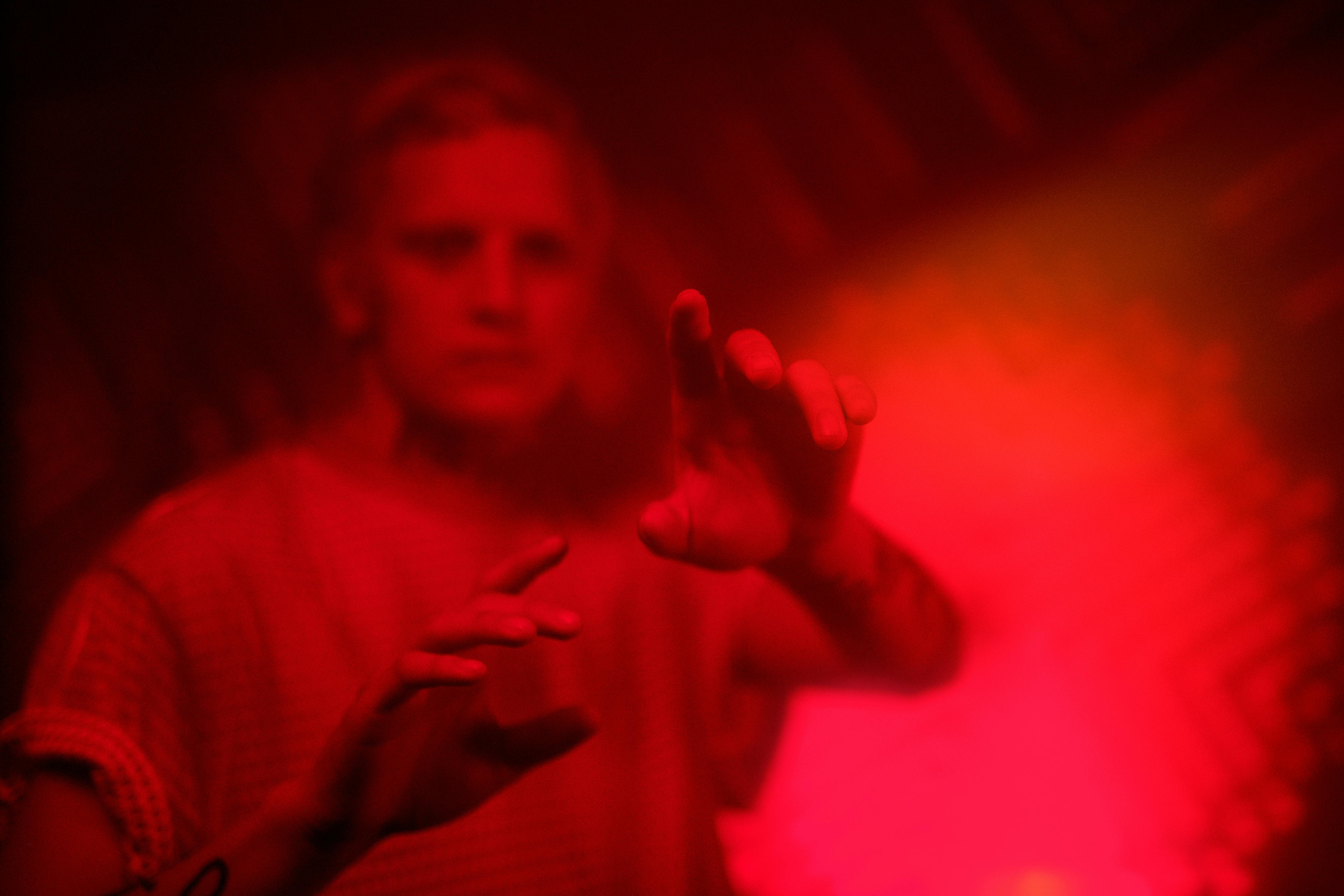Philosophers have great difficulty in writing books for the general reader. Either they use technical terms and obscure language that give the impression of deep thinking, beyond the reach of the uninitiated and essentially bored, or they write in plain language that runs the risk of having their deep insight dismissed as little more than what our grandparents called common sense. It was Bertrand Russell who said that “common sense is not so common” and he, of course, was the supreme example of the art of conveying deep thoughts in everyday language. In more recent times, Roger Scruton has carried on this tradition admirably, but sadly, Slavoj Zizek has not.
The author is described on the back cover of the book as “one of the greatest living philosophers in the world.” The title of the book, “Event”, is described as “the new and highly controversial concept”. This immediately raises the Confucian question: is something simple turning into something complicated? Are they selling us common sense wrapped in philosophy?
An Event is described as a ‘radical break’ and ‘an event that destroys ordinary life’, after which ‘nothing remains the same’, Zizek seems to be referring to a discontinuity in time, but does not mention Hume’s Law. Similarly, the reader is promised a discussion of “what conditions must be met in order for us to perceive something as actually existing” without reference to John Locke’s sensory perception or George Berkeley’s deep meditation on the tree in the yard. In fact, the author ignores the events associated with British empiricism.
Zizek says that he is aware that something has been omitted. The book ends with 130 notes, the last of which states that “ this overview is, of course, far from complete ” and mentions two particular omissions: analytical philosophy from the early Wittgenstein to Donald Davidson, and the state eventual quantum processes in subatomic physics. In what is described as an ‘accessible length for commute’ book, it is particularly difficult to decide what to include and what to omit, and Zizek has opted for a combination of modern scholarship, recent history and popular culture.
It is said that the central theme of the Event is the impact of three great philosophers, Plato, Descartes and Hegel, who revolutionized thought in their time, thus constituting three great Events in the history of philosophy. None of Russell’s readers will doubt this statement and it was probably well understood by many educated people of earlier generations. What Zizek adds when describing the nature of an Event is based mainly on existential theory, auteur and film noir productions, oriental mysticism, and sexual anecdotes. One leaves this book wondering why “one of the greatest living philosophers in the world” tried to popularize his work in this way.



